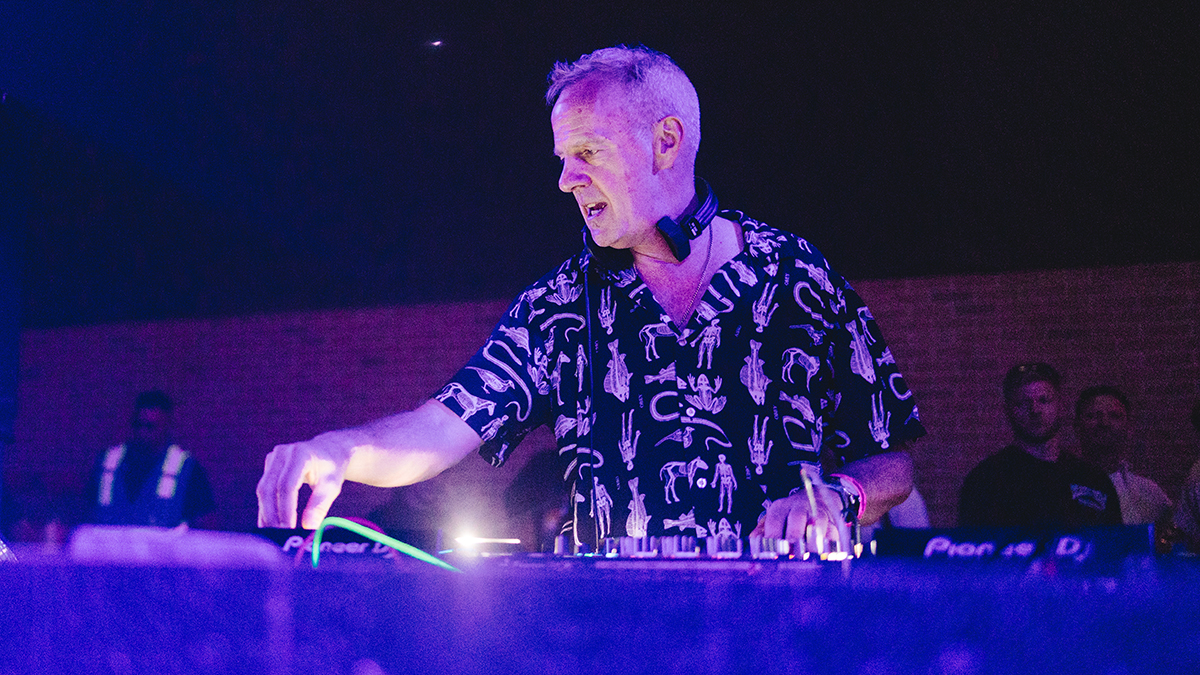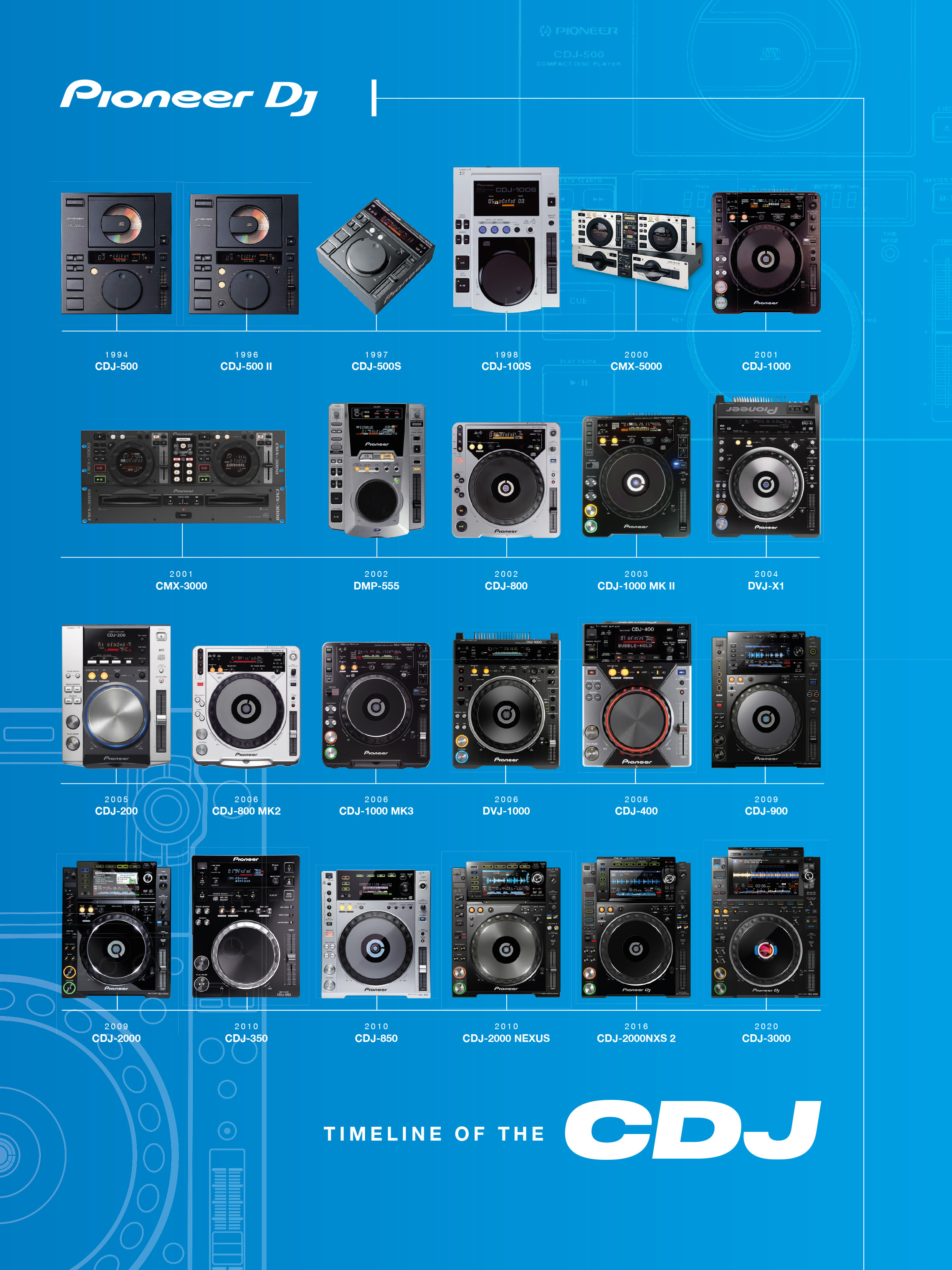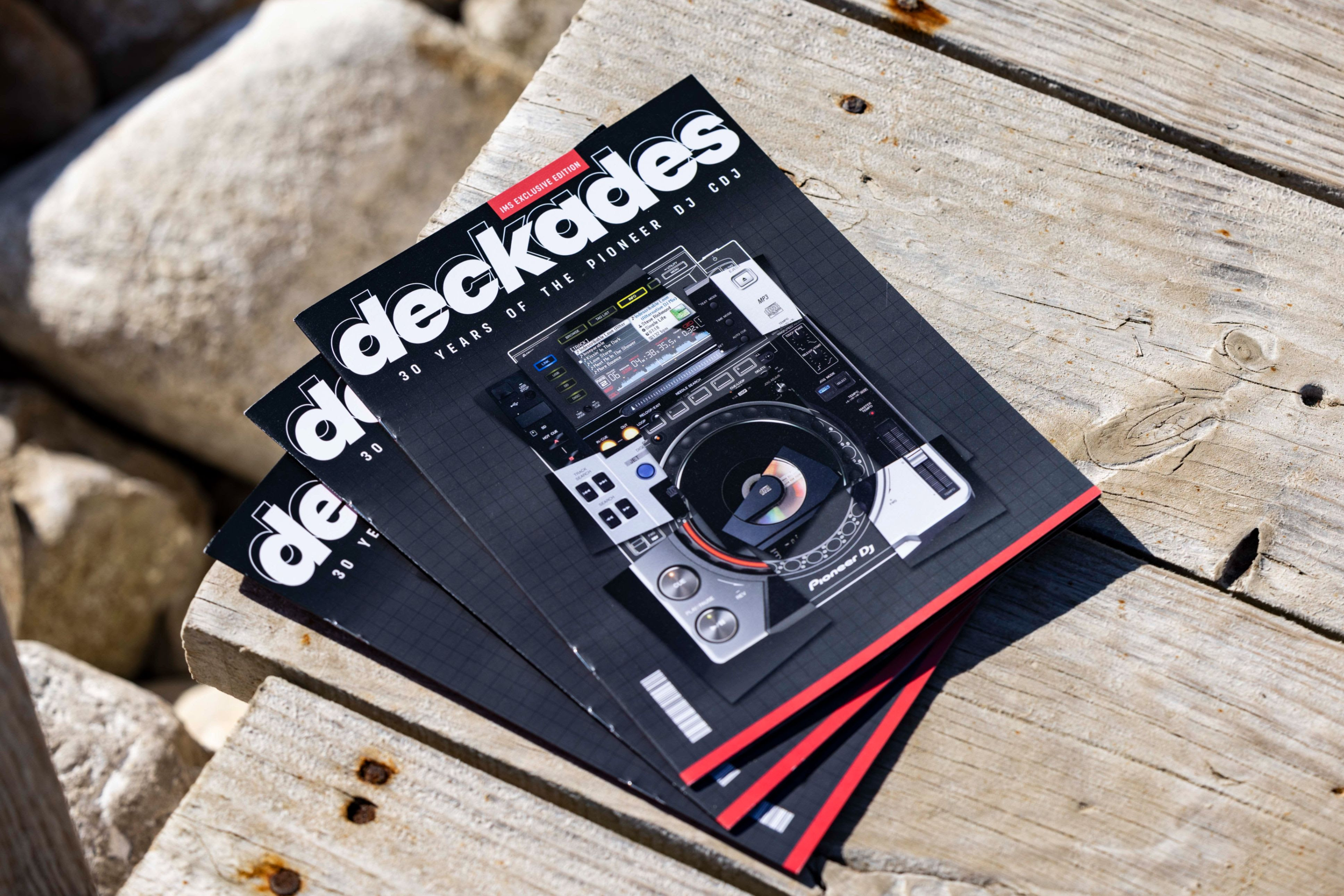“I was playing with David Guetta on a lorry in Brazil, and he was whupping my ass because his CDJs were louder and didn’t jump every time we went over a pothole”: Fatboy Slim on making the transition from vinyl to CDJs
Norman Cook reminisces about his early days in a new fanzine from Pioneer DJ celebrating 30 years of the CDJ

Want all the hottest music and gear news, reviews, deals, features and more, direct to your inbox? Sign up here.
You are now subscribed
Your newsletter sign-up was successful
The CDJ turns 30 this year, and Pioneer DJ has released a limited-edition fanzine to mark the occasion. The zine, named Deckades, traces the evolution of the CDJ from the CDJ-500, released in 1994, all the way through to the industry-standard CDJ-3000, which can be found in clubs and venues across the world.
Deckades features interviews with a number of DJs that explores their relationship with Pioneer gear, including Fatboy Slim, TSHA and Fabio of Fabio & Grooverider. Speaking with Pioneer DJ, Fatboy Slim recalls originally being "scared" of CDJs as a DJ that had always played with vinyl.
"I was using Serato with control vinyl for ages because my whole life I had learned to mix on decks, and I thought you can't teach an old dog new tricks," he says. "The nuances of dabbing the turntable and winding the spindle to keep the mix in were so different on a CDJ, and they were impossible to scratch on."
Sticking with his Serato-based setup well into the 2000s, Fatboy Slim says he was motivated to make the switch to CDJs after "encountering shocking old [Technics] 1200s that didn't work properly at so many shows". The turning point came when the DJ was playing B2B with David Guetta at Carnival in El Salvador.
"I was playing on a lorry for five hours back to back," he says. "Guetta was whupping my ass because his CDJs were louder and didn't jump every time we went over a pothole. He absolutely blew me off stage that night and it hurt!"

Pioneer's fanzine also features fascinating interviews with some of the designers and engineers behind various iterations of the CDJ, including a chat with the creator of the original CDJ-500, Kou Atsumi.
Atsumi recalls how the CDJ-500 - which, unlike modern versions of the CDJ, actually played CDs - introduced various innovations, such as the Cue button and Jog Wheel, that have become fundamental to modern DJing. Though innovative, the CDJ-500 was hampered by technological limitations, and when used in a club context, the vibrations would cause the unit to shake and the CD to skip.
Want all the hottest music and gear news, reviews, deals, features and more, direct to your inbox? Sign up here.
Pioneer remedied this in the CDJ-700, which borrowed anti-skip technology from the brand's in-car CD players to prevent skipping in a noisy club environment. "This was achieved through mechanical pickup development and using memory," says Atsumi. "Even if the CD skipped, the memory would play the stored sound so it wouldn't be noticeable to the audience."
Read the digital edition of Deckades.
- Read more: Best DJ controllers 2024: Hands-on control for Serato, rekordbox, Traktor and more - our expert picks




I'm MusicRadar's Tech Editor, working across everything from product news and gear-focused features to artist interviews and tech tutorials. I love electronic music and I'm perpetually fascinated by the tools we use to make it.